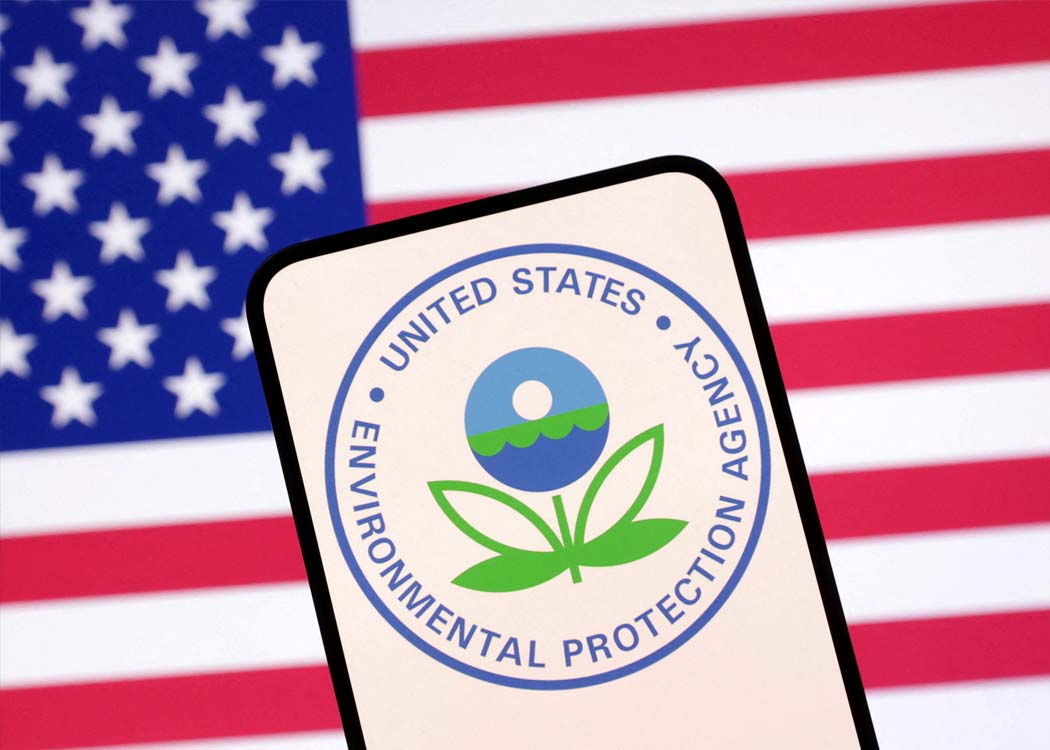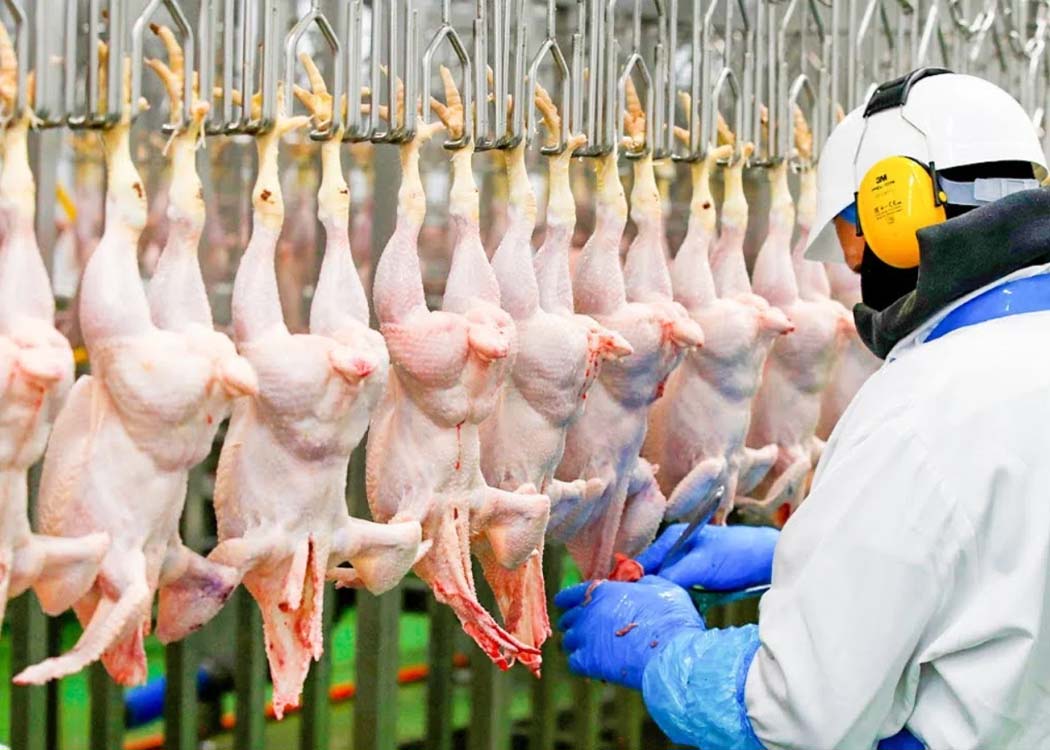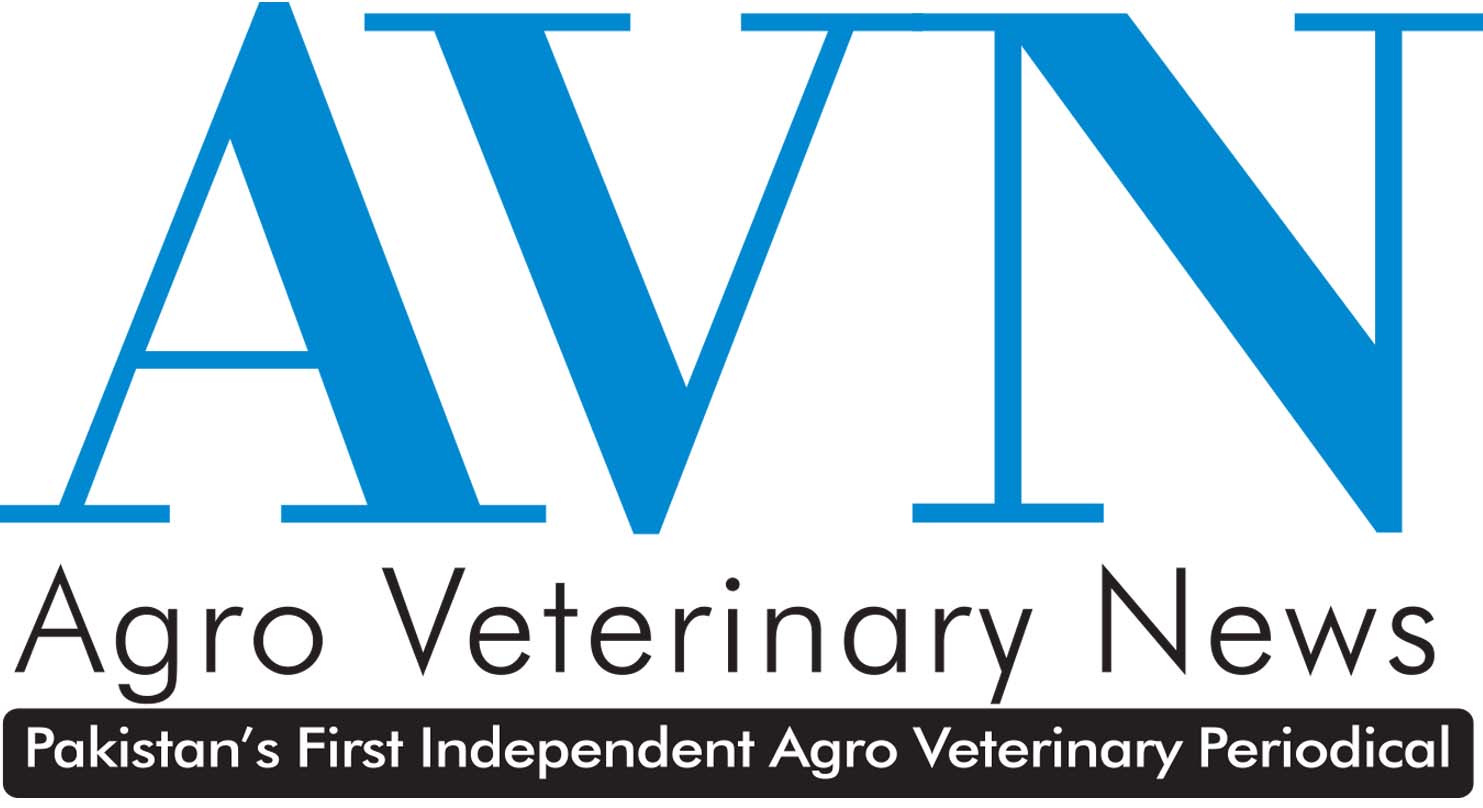Agency cites excessive costs, potential closures, and rural economic fallout in decision to maintain current Clean Water Act standards.
The US Environmental Protection Agency (EPA) has officially decided not to move forward with proposed tougher wastewater regulations for meat and poultry processors, citing high costs, risk of facility closures, and negative impacts on rural communities.
The decision followed a comprehensive review of the meat and poultry sector’s compliance with existing effluent limitations guidelines (ELGs) under the Clean Water Act. According to the EPA, current federal, state, and local regulations are sufficient to safeguard water quality, eliminating the need for additional federal restrictions.
Industry groups had raised strong concerns over the proposed rule, warning of widespread disruptions across the food supply chain. Ashley Peterson, Senior Vice-President of Scientific and Regulatory Affairs with the National Chicken Council, praised the EPA’s stance:
“EPA, under the Biden administration, did not provide adequate time to allow for meaningful public comment on the proposed rule which, if it was finalized, would have resulted in numerous facility closures, major job losses nationwide, and higher production costs. We’re grateful that the agency is taking no further action on the ELG rule and remain committed to doing our part to keep our nation’s water supply safe.”
Billions in projected costs and thousands of jobs at stake
The EPA’s review explored multiple regulatory scenarios. Industry analysis estimated the proposed standards could have cost meat and poultry processors up to US$20 billion and forced the closure of 74 to 340 plants nationwide. Job losses were projected between 31,000 and 93,000, disproportionately affecting rural economies that rely heavily on agricultural processing facilities.
Eight major agricultural associations—including the National Pork Producers Council, US Poultry & Egg Association, North American Renderers Association, and the American Farm Bureau Federation—had jointly opposed the proposed rules. They argued that the added costs and closures would disrupt the nation’s food chain while threatening economic stability in farm-dependent regions.
Local water authorities back current framework
The National Association of Clean Water Agencies (NACWA), representing local publicly owned treatment works, also supported the EPA’s decision. NACWA emphasized that local pretreatment programs have matured to effectively regulate industrial discharges and are well equipped to handle conventional pollutants commonly generated by meat and poultry facilities.
In their formal comments last year, NACWA noted that existing programs already ensure compliance while balancing the economic realities of food production.
No new changes expected
With this decision, no additional federal wastewater regulations for meat and poultry processors are anticipated in the near future. The industry remains bound by the 2004 ELGs, which already impose discharge limits under federal and state-level permits.
The outcome signals a win for the meat and poultry sector, which had warned of economic fallout, while confirming the EPA’s view that current safeguards are adequate to protect US water systems.






